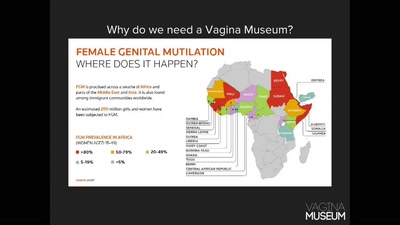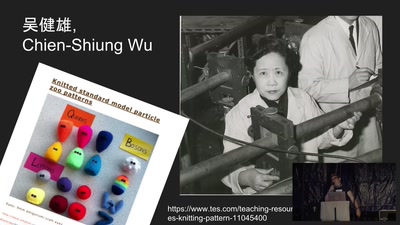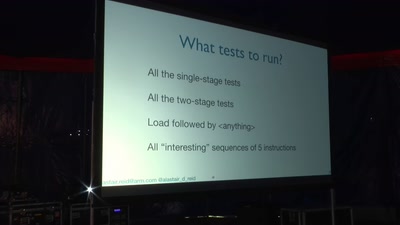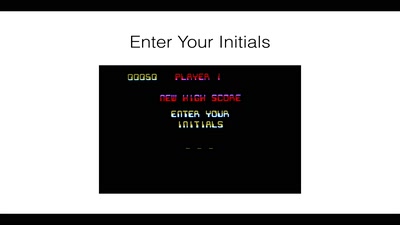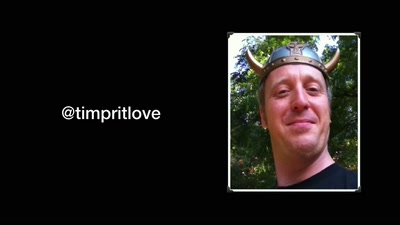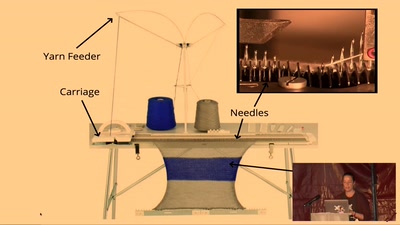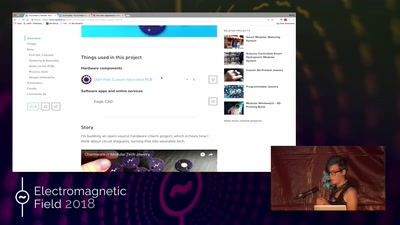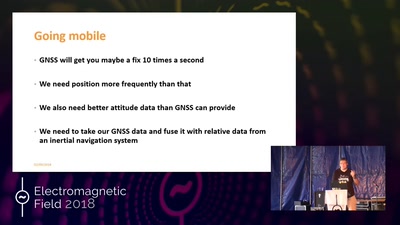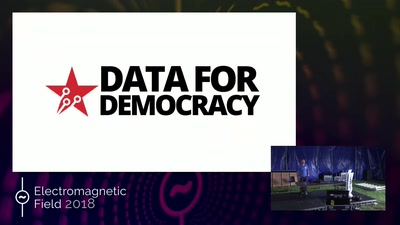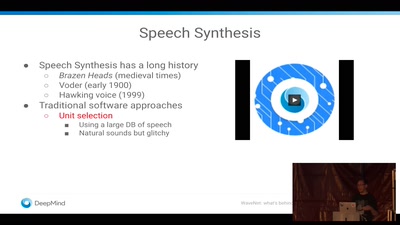How can classical ballet be used a medium for computer science theory, digital ethics and visualisation biometric data including EEG? What will the future hold for the human body and communication when we boldly go into space? What ethical consideration must we take to ensure that it is the many who control their personal data?
We’ve been making educational, technologically exciting ballets and performance workshops for five years now. As artists we want to do collaborative learning with our audiences, to help them express their own ideas within a collaborative artistic technological framework. It is not just a performance to sit down and watch. Art and performance can break down the traditional barriers to audiences that consider themselves non-technical. We like to release as much of our performance and learning materials as possible as open source.
Our project is long-running, and has tackled subjects from chronic pain to sorting algorithms. Now we are looking to space, brain hacking, and unashamed futurism. How can we begin to live in the future while increasing accessibility and inclusivity? What are the ethical concerns surrounding things that might seem abstract at first glance - like brainwave data?
Classical ballet might sound like a strange way to learn about technology, ethics and medicine, but we hope to change the way you think about education/learning. Combining the algorithmic nature of classical ballet with futuristic thinking, breaking down artificial cultural barriers and fostering personal creative ownership for all.
May contain duct tape.

